Android users could receive part of a $700 million settlement over Google Play Store policies (UPDATE)
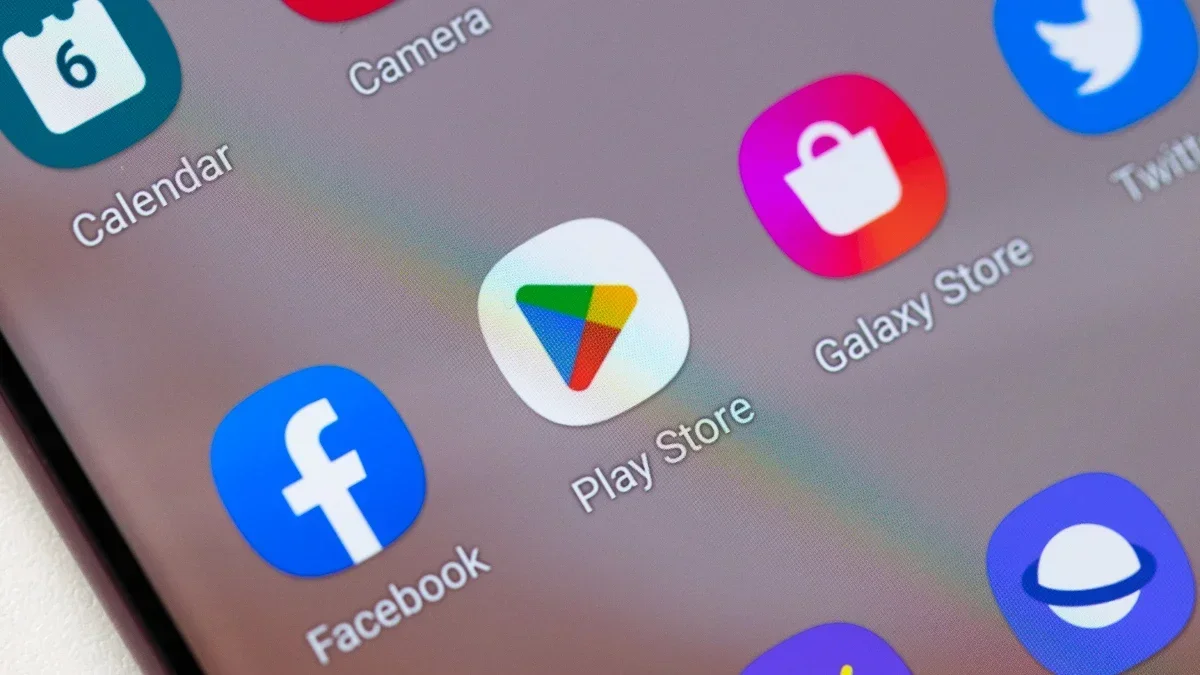
UPDATE: Epic Games Vice President of Public Policy, Corie Wright, issued a statement about Google's settlement with the States even though this settlement was not part of the recent Epic v. Google trial in which the Google Play Store was essentially called a monopoly by a federal jury. Wright wrote, "The State Attorneys General settled with Google before trial to get a one-time payout with no true relief for consumers or developers. After originally seeking $10.5 billion in antitrust damages identified as Google’s unjustly collected fees, the States Attorneys General settled for a $700 million payout.
Consumers will continue to overpay for digital goods as a result of Google's imposition of supracompetitive 30% fees for Google Play Billing or 26% junk fees on top of payments Google isn't involved in processing. Developers will also continue to be restricted in how they distribute their apps, and developers who choose to use a third party payment option will be forced to use Google's deceptively-labeled "user choice billing" system rather than having creative freedom over the design of their payment systems.
In Epic v. Google, a jury unanimously found that Google violated the antitrust laws in its dealings with developers, potential competitors, and OEMs. The States’ settlement does not address the core of Google’s unlawful and anticompetitive behavior. In the next phase of the case, Epic will seek meaningful remedies to truly open up the Android ecosystem so consumers and developers will genuinely benefit from the competition that U.S. antitrust laws were designed to promote."
The original story follows:
In the wake of a federal jury ruling earlier this month stating that the Google Play Store is a monopoly, Google parent Alphabet has reached a $700 million settlement with all 50 states, the District of Columbia, and two US territories. As part of the settlement, changes will be made to the Google Play Store. The original claims were brought against the Play Store by the attorneys general of approximately three dozen states and consumers.
According to Bloomberg, the state attorneys general had alleged that Google used anticompetitive tactics in order to force app developers to have their in-app payments processed through Google's platform which took a 15% to 30% cut of such payments. This case was originally filed in 2021 as was a separate class-action suit that was filed on behalf of nearly 21 million consumers and complained that Google's 30% cut of Play Store transactions forced app prices higher.
The settlement was reached with the States back in September, but the terms of the financial agreement weren't made public until now. Google also reached an agreement with Match Group over Play Store policies. Match Group owns and operates several dating apps including Tinder, Match.com, Meetic, OkCupid, Hinge, Plenty of Fish, and OurTime.
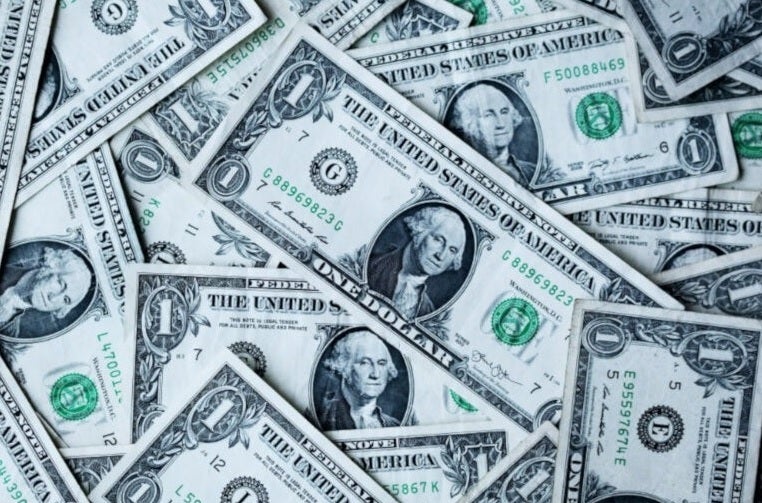
Alphabet will fund an account for consumers with $630 million
A statement made by Wilson White, Google's vice president for Government Affairs & Public Policy, says, "This settlement builds on Android's choice and flexibility, maintains strong security protections, and retains Google’s ability to compete." As part of the settlement, Google said that it will make it easier for Android users to download apps directly from developers. An attorney for the states noted that "no other U.S. antitrust enforcer has yet been able to secure remedies of this magnitude from Google."
The settlement requires that $630 million of the $700 million paid by Alphabet will be used to create a common fund to benefit consumers. The remaining $70 million will be used to pay the states for penalties, restitution, disgorgement, and fees. Consumers with claims against Google will receive at least $2 each from the settlement and could get more depending on how much they spent in the Google Play Store between Aug. 16, 2016, and Sept. 30, 2023.
The settlement still requires a judge to sign off on it.
Follow us on Google News






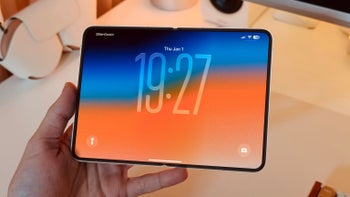
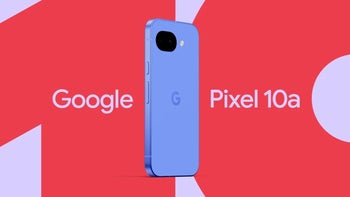
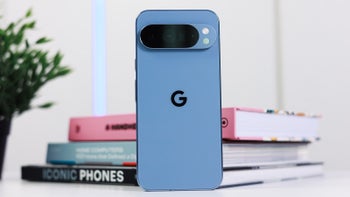

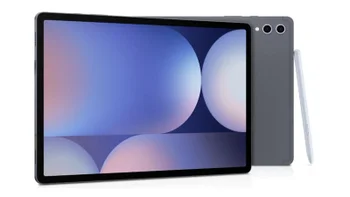
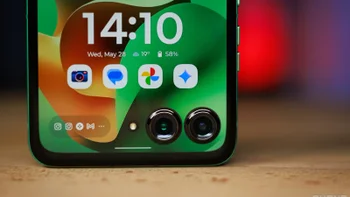
Things that are NOT allowed:
To help keep our community safe and free from spam, we apply temporary limits to newly created accounts: